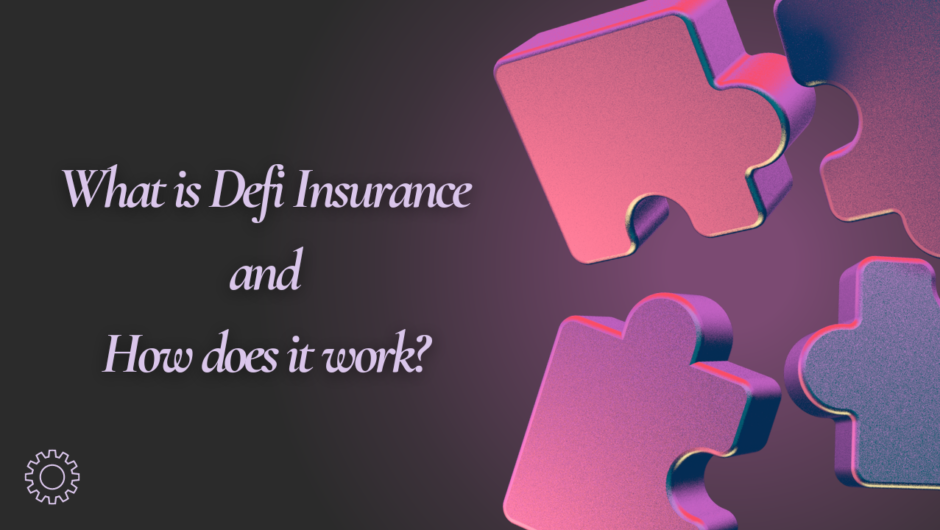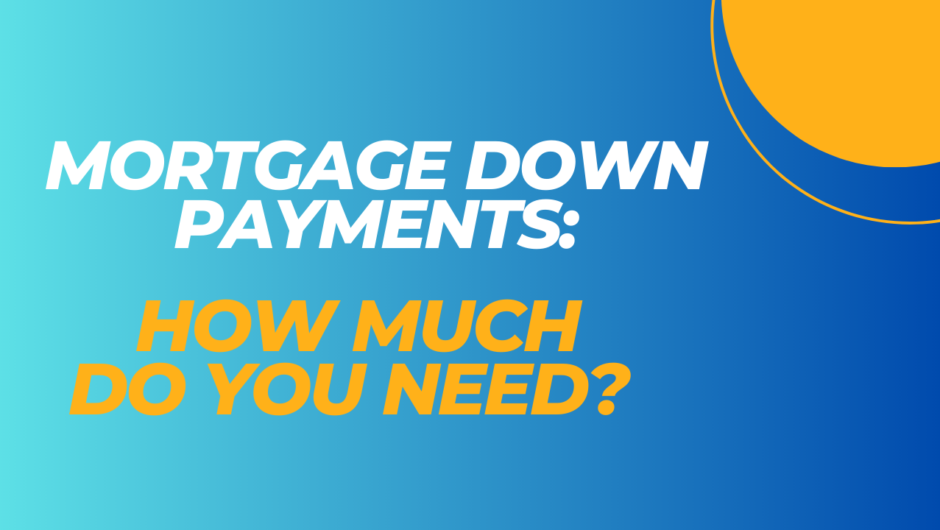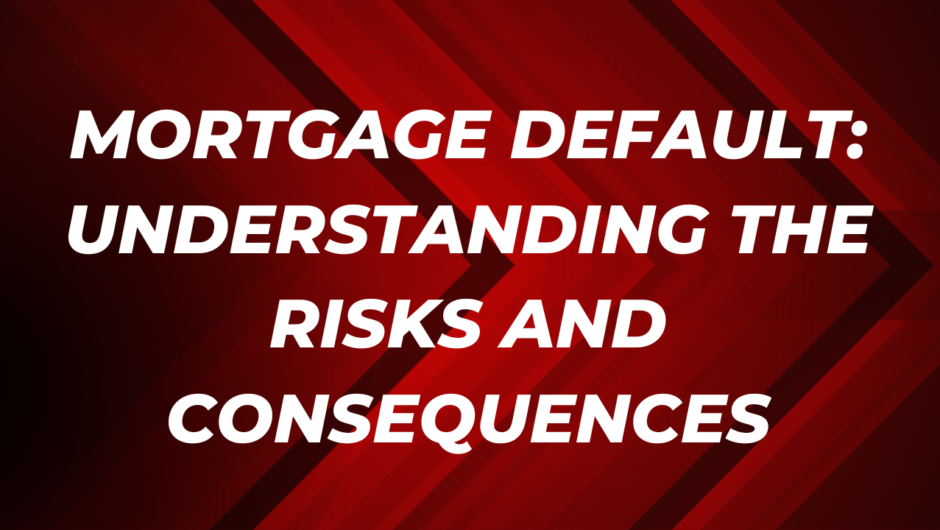Why Is Home Insurance a Smart Investment?
Home insurance is a smart investment because it provides essential financial protection for one of your most significant assets—your home. Without insurance, you could face substantial out-of-pocket expenses for repairs or rebuilding in the event of damage from fire, storms, or theft. It also covers the cost of replacing or repairing personal belongings damaged or stolen, ensuring your possessions are safeguarded. Additionally, home insurance includes liability protection, which can cover legal fees and medical costs if someone is injured on your property, shielding you from potentially devastating financial claims.
Moreover, many policies offer coverage for temporary living expenses if your home becomes uninhabitable due to a covered event. This comprehensive protection not only secures your property but also provides peace of mind, knowing you are financially prepared for unexpected events. Thus, home insurance is not just a policy but a crucial investment in your financial stability and peace of mind.
Long-Term Benefits of Having Home Insurance
- Financial Security: Home insurance provides long-term financial protection against major expenses from damages, repairs, or rebuilding due to covered events like fire, theft, or natural disasters.
- Peace of Mind: Knowing that your home and belongings are protected from unexpected events brings peace of mind, reducing stress and anxiety about potential losses.
- Liability Protection: Long-term coverage includes liability protection for injuries or property damage caused to others, helping you avoid significant legal and medical costs.
- Property Value Maintenance: Insurance helps maintain the value of your home by covering repairs and replacements, ensuring your investment is preserved over time.
- Coverage for Temporary Living Expenses: Provides financial assistance for living costs if your home becomes uninhabitable, helping you manage expenses while repairs are underway.
- Cost Savings on Repairs: Regular coverage ensures that you are not burdened with large, unexpected repair costs, potentially saving money in the long run.
Conclusion
In conclusion, home insurance is a vital safeguard for protecting your home and belongings from unexpected events. It provides crucial financial coverage for repairs, replacements, and liability claims, ensuring you are not burdened with substantial out-of-pocket costs. By offering peace of mind and security, home insurance helps you maintain the value of your property and manage risks effectively. Whether covering damages from natural disasters, theft, or accidents, it ensures that your investment is protected and that you are prepared for unforeseen circumstances. Overall, home insurance is not just a policy but an essential investment in your financial stability and well-being.
Frequently Asked Questions (FAQs)
1. What does home insurance typically cover?
Home insurance usually covers damage to your home from events such as fire, storms, and theft, as well as damage to personal belongings. It also provides liability protection for injuries or property damage that occur on your property and may cover temporary living expenses if your home becomes uninhabitable.
2. Are natural disasters covered by home insurance?
Coverage for natural disasters varies by policy. Most standard policies cover damage from events like storms and hail, but you may need additional coverage for earthquakes, floods, or other specific disasters. Always review your policy details to understand what is and isn’t covered.
3. How does home insurance protect against liability claims?
Home insurance provides liability protection by covering legal fees and medical expenses if someone is injured on your property or if you’re found responsible for damage to others’ property. This coverage helps protect you from potentially significant financial burdens.
Read More:














